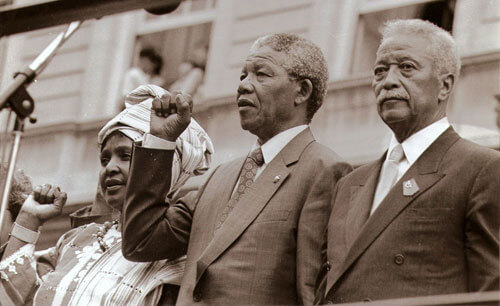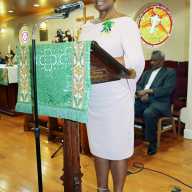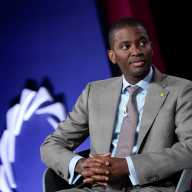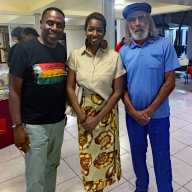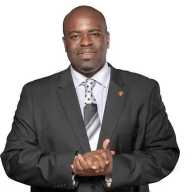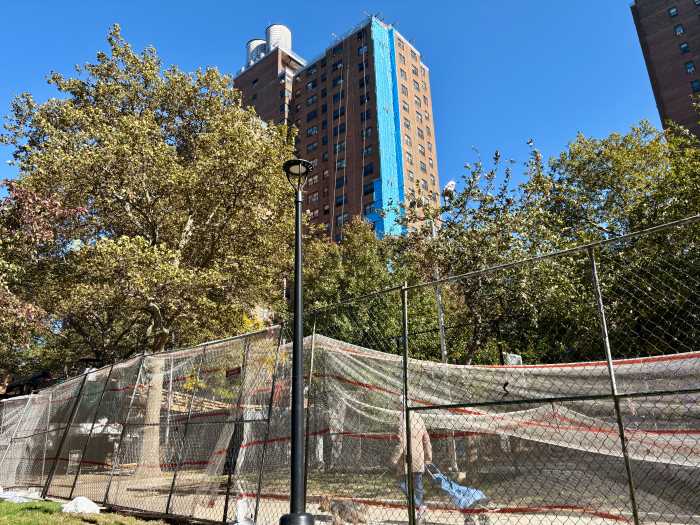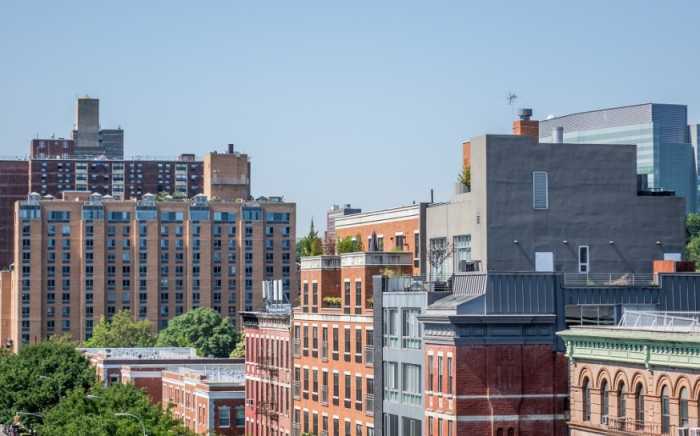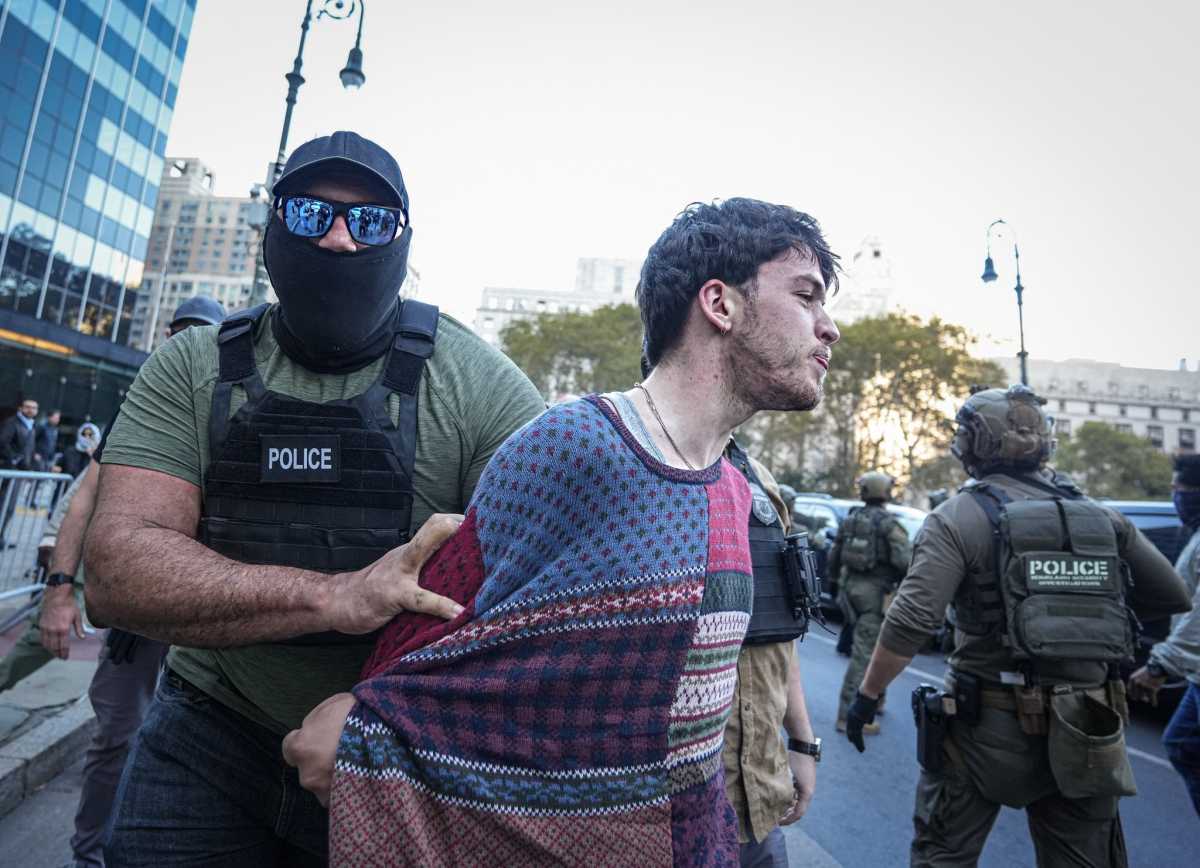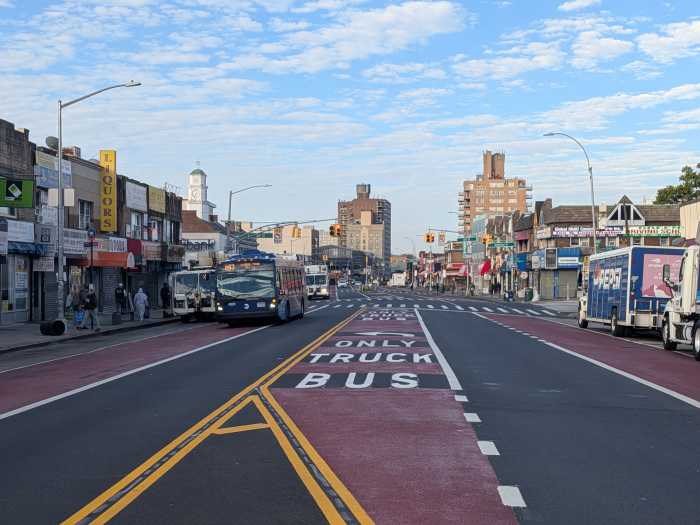Former President Bill Clinton has already sent a letter of endorsement of the July 18 celebration of Nelson Mandela International Day. The date marks the 95th birthday anniversary of Nelson Rolihlala Mandela, South Africa’s first elected Black leader and also the fourth anniversary of a day named for his contribution and sacrifice. Affectionately known in his homeland as Madiba, his legacy has been hailed by world leaders including the Dalai Lama and Virgin Airlines founder Richard Branson who sent supportive endorsements for events that will transpire on the date.
The annual was initiated in 2008 after Nelson Mandela’s huge global 90th birthday celebrations in London’s Hyde Park. There in front of thousands while addressing millions who watched on television, he said: “It is time for new hands to lift the burdens. It is in your hands now.”
From then, NMID was born.
The following year, the United Nations officially declared July 18, the official Nelson Mandela International Day.
“Nelson Mandela International Day is about individuals around the globe giving 67 minutes of their time to make a change in their community and thus, the world,” www.mandeladay.com posted.
Advocates will take food to disadvantaged people; visit senior citizen centers and homes, read to children in orphanages, while others will dedicate time to making sacrifices that will benefit others.
Mandela became a member of the African National Congress (ANC) in 1944. He was arrested on Aug. 5 1962 for decrying apartheid. He was jailed for leading the liberation movement against apartheid and for his stance on championing human rights.
In 1964 he was sentenced to life imprisonment at Robben Island, off Cape Town, South Africa.
Mandela became known as prisoner 466.
Robben Island prisoners were never referred to by their names, but rather by their numbers and year of imprisonment – 46664 was Nelson Mandela.
During his 27-year imprisonment, he was held in solitary confinement for many years and his name was banned from the national vocabulary.
After relentless international pleas, sanctions and boycotts that placed economic strains on South Africa Madiba was released on Feb. 11 1990.
His release from prison in 1990 fueled political debates in the country and contributed to South Africa’s transition towards a multi-racial democracy.
After his release, Mandela continued addressing racial issues in his country and supported reconciliation initiatives.
In 1991, he travelled to New York, making Brooklyn’s Boys & Girls High School his first stop before going to City Hall where David N. Dinkins, the city’s first elected Black mayor welcomed him with a ticker-tape parade along the Canyon of Heroes.
Accompanied by his wife Winnie, Mandela landed in Queens early in the day, ended it at a concert at Yankee Stadium in the Bronx before retiring to sleep that evening at Gracie mansion.
He stopped at every borough except Staten Island.
He also made stops to the Caribbean, visiting Jamaica, Cuba and Haiti.
He received a hero’s welcome throughout the English, Spanish and French-creole territories and was greeted by throngs.
Mandela won the Nobel Peace Prize in 1993.
His efforts resulted in him becoming elected as South Africa’s president in 1994. Reportedly, his election marked the first time in its history that SA broached governance as a multi-racial democracy. Mandela ruled the country and remained in office until 1999. Instead of retaliating against his oppressors, while in office, “Mandela led a reconciliation process that caught the imagination of the world. He continued to campaign for peace, unity and equality among all South Africans, regardless of race, gender, religion or cultural background.”
His last trip out of SA was reportedly to the twin islands of Trinidad & Tobago.
In 2007 Mandela formed the Elders, an independent group of global leaders who offer their influence and experience to support peace building, help address major human suffering causes and promote shared interests of humanity.
The day marks Nelson Mandela’s contribution to peace through his active involvement in resolving conflicts, promoting human rights, international democracy and reconciliation and in addressing racial issues.
On July 18, the global community is urged to: “Take action, inspire change and make every day a Mandela Day.”

AP Photo/Schalk van Zuydam, file


